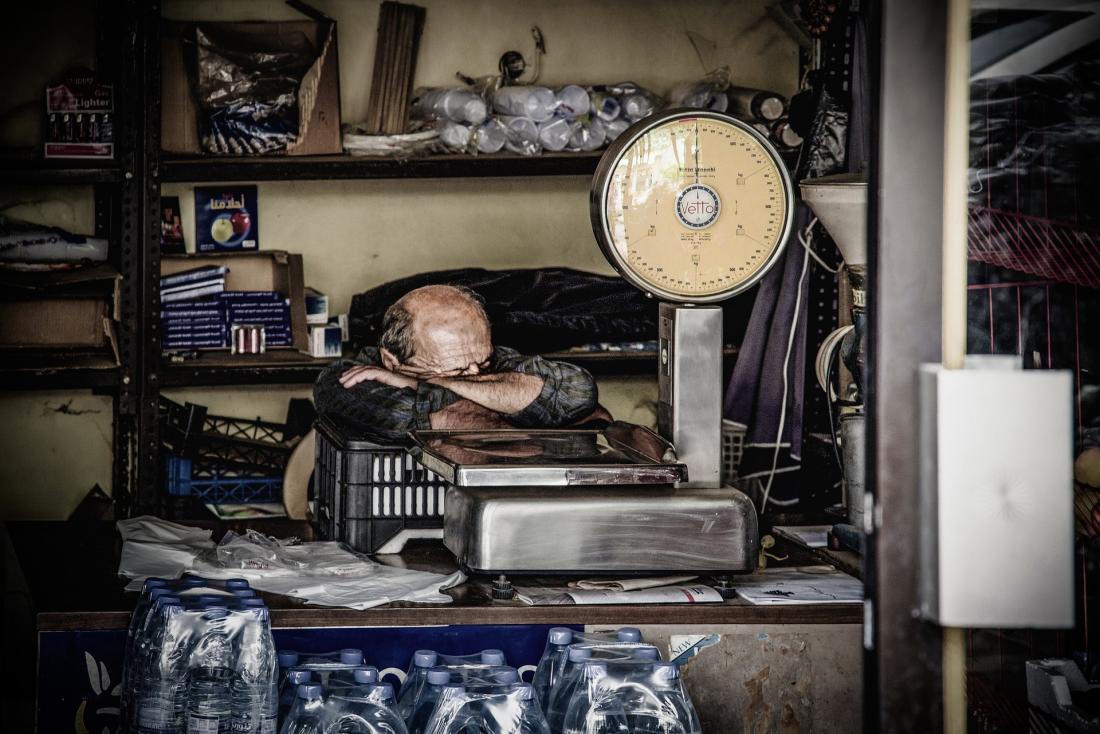[TEC-MED] Situation actuelle des personnes âgées dépendantes au Liban

Although Lebanon is expected to have the highest prevalence of older persons in the Arab region by 2030, we are still lacking a comprehensive social model despite governmental and non-governmental entities’ efforts to provide the needed health, social, legal and financial services to the older persons.
We have joined the TEC-MED project to be able to respond to the challenges faced by older persons not only in Lebanon but in the different participating countries (Spain, Italy, Greece, Egypt, Tunisia, Lebanon) and to implement a model that goes beyond the contrasts and the differences of the different participant countries. This transcultural social-ethical-care model will be mostly useful for dependent, elderly populations who are living with chronic diseases and lack family support.
It is important to note that only 2% of older adults in Lebanon reside in long-term institutions thereby the majority of older age care in Lebanon is home-based. Family structure is changing currently with women joining the workforce, high emigration rates and the smaller families. This is why family members are no longer able to fully devote their time to care for older persons and many families are opting for in-home care (domestic workers, professionals, homecare, etc…).
In addition, Non-communicable diseases (NCDs) are of great concern in Lebanon as in 2015, they accounted for 80.9 percent of the total years lived with disability and 90 percent of all deaths among women and men aged 70 and over according to a report by Helpage International.
The population aged 60 and over is predicted to increase by 2.6% annually between 2015 and 2050, reaching 31.2% by 2050.
It is also worth noting that in Lebanon, social security in Lebanon is largely dependent on the employment history with differences between public and private employees.
Governmental entities such as the Ministry of Public Health and the Ministry of Social Affairs offer different services for dependent elderly but these are not within a comprehensive social care model and are usually restricted to the poorest. For instance, the Ministry of Public Health offers primary healthcare services, a chronic medication program, support for patients in nursing homes, 100% hospital coverage for 64+ Lebanese with chronic and non-treatable diseases and “64+ Elderly Preventive Packages” for poor Lebanese under its “Emergency Primary Health Care Restoration Project towards Universal Health Coverage project”. In addition, the Ministry of Social Affairs is working on a strategy for older age. It also offers different services: welfare services by contracted institutions and specialized development services (primary care, recreational activities, homeless support), health services through dispensaries and development services, daytime clubs, disability card services (offers privileges to disabled elderlies), the support program for poorest households with the Ministry of Public Health, national program of adult education, a nutrition project which provides hot meals for needy elderlies as well as standards for long-term care. Non-governmental organizations also offer different welfare services (food, shelter, palliative care, social activities, etc…).
We hope, through the TEC-MED project to be able to join all these services within a comprehensive social care model which offers the needed social, medical, legal and financial services to the elderly of Lebanon.







